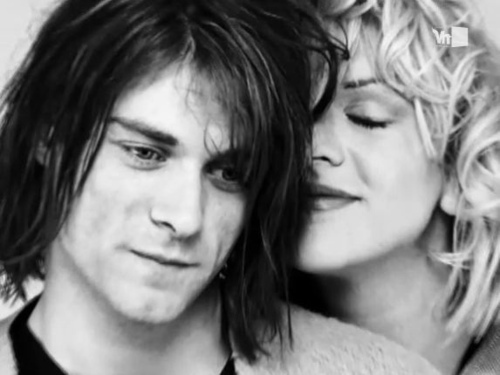

What made this book click for me from the get go was Cross's depiction of Aberdeen, WA, the lumber mill town that was Cobain's Liverpool and Hibbing.

But it turns out there's more to Kurt Cobain than depression, heroin and a young death. Also, none of the conspiracy theories surrounding his death are mentioned, and although I do believe it is a straight forward case of suicide.a lot of people do not, and that should have been at least touched upon in the book.įrom a couple of the reviews, I thought Heavier than Heaven would be such a downer I'd have to lock the knife drawer. Cobain was brilliant and he's been gone for nearly 20 years, and it still makes me sad.

I waited so long to read it, for I still grieve for him.not so much his death, but for how much he suffered while he was alive. For what a bright, shining anti-star he was, with his various demons: the drug addiction, the bad "love" between Curt and Courtney and his never-ceasing stomach disorders, I think the author kind of skimmed the surface. I am a huge fan of the Amos cover and was blown away that wasn't mentioned. Also, unless I fell asleep, my favorite Curt Cobain story was not in the book: the one where a crowd of people at a concert are screaming for "Teen Spirit" and Cobain famously says "If you wanna hear that song, ask Tori Amos. I think the author should have referred to him by 'Cobain" more than once in a while. I did not like the narration of the book because I was confused nearly every time the pronounced "Curt", but to me whenever the narrator said "Curt" it sounded like "curb", 'curd", "quirt" or any endless varieties of that name. I have been interested in reading this book for a long time since I live in Seattle, my company did work on Cobain's Lake Washington home, I saw Nirvana in concert and I attended the candlelight memorial at Seattle Center when Courtney Love read Curt's suicide note.


 0 kommentar(er)
0 kommentar(er)
